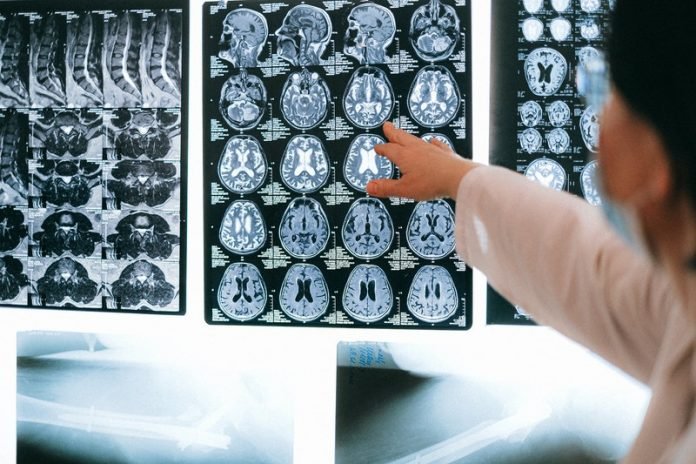
In a new study from Alzheimer’s Research UK, researchers found an association between indicators of longer estrogen exposure and reduced brain shrinkage in midlife women.
Previous research into the effects of estrogen on brain health has shown mixed results. Some studies have suggested that lower estrogen levels following menopause could be linked to brain aging and Alzheimer’s risk later in life.
In the study, the team looked at a total of 128 volunteers (99 women and 29 men), aged between 40 and 65 all with risk factors for Alzheimer’s disease, such as the APOE4 risk gene or a family history of the disease.
A range of reproductive history events were examined by questionnaires and interviews. These events included:
- Whether participants had experienced menopause or a hysterectomy
- The age they started periods
- Their age at menopause
- The length of time between the start of their periods and the start of menopause
- The number of children and pregnancies they may have had
- Whether they use menopausal hormone therapy (HT) and hormonal contraceptives (HC).
The researchers carried out brain scans to look specifically at areas called gray matter, including key regions that are damaged in Alzheimer’s disease.
Lower volumes of gray matter have been linked to dementia risk and poorer brain health. All participants also had memory tests to assess their thinking and language skills.
The team found exposure to estrogen as a result of not having reached menopause, having more children and more reproductive years, and using HT and HC, was linked to larger gray matter volumes in midlife women.
The team says two thirds of people with dementia are women and while some of this difference is explained by women living longer, research has also implicated hormones like estrogen.
This study linked exposure to estrogen to less brain shrinkage, an indication of lower dementia risk.
Alzheimer’s disease is caused by a complex mix of age, genetics and lifestyle factors—some of which are in our control to change, and others which aren’t.
The best current evidence suggests that not smoking, only drinking within the recommended limits, staying mentally and physically active, eating a balanced diet, and keeping blood pressure and cholesterol levels in check can all help to keep our brains healthy as we age.
If you care about Alzheimer’s, please read studies about Alzheimer’s disease may harm women and men in different ways and findings of a new way to treat Alzheimer’s disease, strokes.
For more information about dementia, please see recent studies about these two types of dementia linked to Parkinson’s disease and results showing that a new drug can treat Lewy body dementia.
The study is published in Neurology. One author of the study is Dr. Sara Imarisio.
Copyright © 2021 Knowridge Science Report. All rights reserved.



